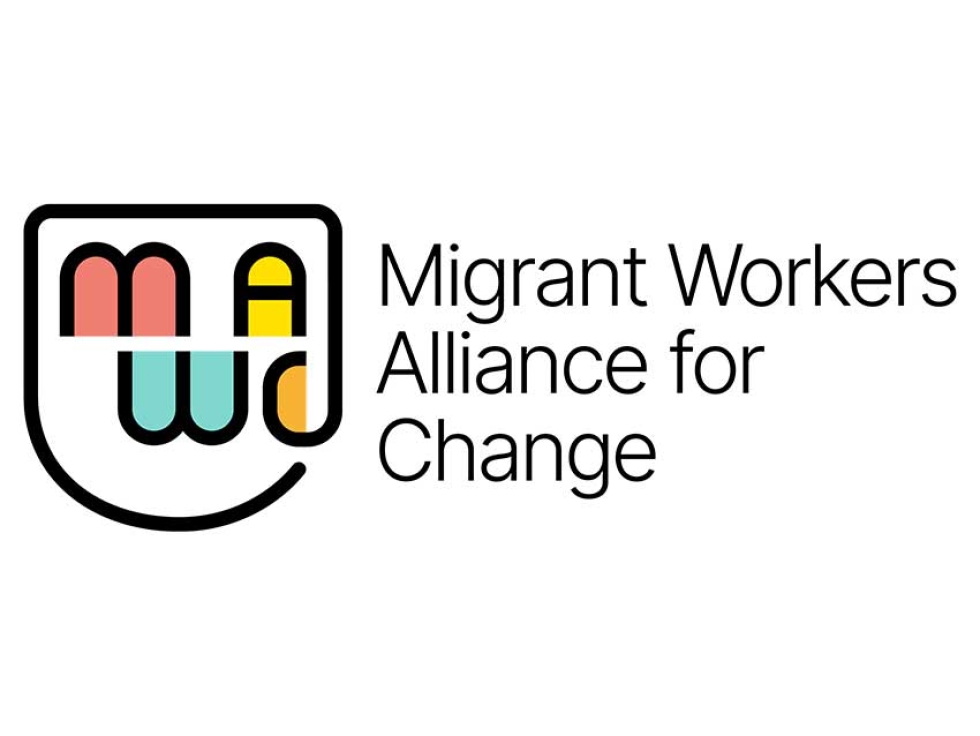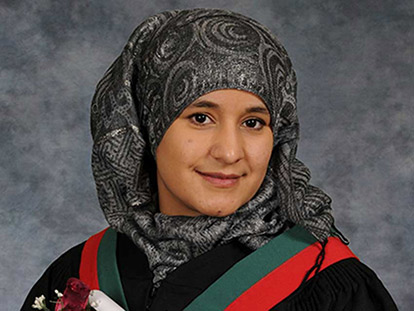
Oct
More than 500,000 International Students Win Right to Work And Protect Themselves from Exploitation
Written by Migrant Workers Alliance for ChangeMove comes after three years of campaigning by Migrant Workers Alliance for Change; Permanent Changes and Fairness for All Migrant Student Workers Still Needed
Toronto, October 7, 2022 - Current and former international students (Migrant Student Workers) are claiming partial success today after Immigration Minister Fraser announced a temporary removal of the 20 hour work limit on study permits, which gives them the power to protect themselves from exploitation, abuse and mistreatment at work.
The change will be in effect from November 15, 2022 to the end of 2023, and will impact more than 500,000 current international students who are in Canada, or have already applied for a study permit. The Migrant Workers Alliance for Change’s Migrant Student United campaign has been organizing against the 20 hour work limit since 2019 when international student Jobandeep Singh Sandhu had his immigration status revoked and was eventually deported for working more than 20 hours driving trucks.
Migrant Workers Alliance for Change is reiterating our call for permanent changes, rather than temporary and partial programs, including permanent resident status for all migrants in the country and those who will come in the future.
“Today’s announcement isn’t about labour shortage, it's about labour mobility and rights, and it’s a direct result of years of tireless organizing by current and former international students. Removing the limit on hours of work while studying gives migrant student workers the power to leave bad jobs, speak up against exploitation and mistreatment, and freedom and flexibility to make decisions about their work,” says Sarom Rho, organizer for Migrant Students United at the Migrant Workers Alliance for Change. “It’s a step in the right direction but much more needs to be done for migrant student workers, particularly those who have been excluded, this change must be made permanent, the post-graduate work permit (PGWP) scheme which students enter into upon graduation must be transformed, and most importantly all migrants including migrant students must have permanent residency so they can protect themselves.”
Minister Fraser announced today that international students who are in the country, or have submitted a study permit application as of October 7, 2022, will be allowed to work off-campus from November 15, 2022 to the end of 2023. However, the thousands of migrant students who will be applying for a study permit as of tomorrow will be excluded. These exclusions further entrench a tiered system, where some migrant student workers have fewer rights than others allowing employers to continue to exploit those with less power to speak up.
Harshill Dhingra, a former international student at Humber College, says “Migrant students like me organized and won this change. I was a victim of this restriction on work. Last year, I injured my left finger in a very bad accident while working for cash at a restaurant and decided to stay quiet because I was afraid I would be deported”. He adds, “No one should have to fight for things like permission about where, how and how much we want to work; 1.7 million migrants need permanent residency so we have the same rights as anyone else.”
On October 16, 2022, migrants and allies, including international students, will be taking action at Cabinet Minister’s offices across Canada to demand regularization for undocumented residents and permanent resident status for all without delay and exclusion.
BACKGROUND ON THE CAMPAIGN TO END 20 HOUR WORK LIMIT
In 2019, over 52,000 migrant students signed a petition when Jobandeep Singh Sandhu was targeted for working more than 20 hours per week off campus. Since then, migrant student workers have organized phone calls, met with government officials and marched on the streets calling for removal of the 20 hour work limit.
The 20 hour work limit has resulted in immense exploitation and abuse.
This is because:
Average structure of work: An average work shift is 8 hours, migrant student workers who take a third shift are effectively working irregularly for 4 out of 24 hours. Two shifts add up to 16 hours, which are simply not sufficient, and part-time work is generally considered 3 days a week. The 20 hour work limit effectively forces workers to engage in irregular work, outside of labour law protections.
Migrant students are working past 20 hours already, just without rights: International tuition rises each year, and particularly in the context of global inflation, migrant students must work to survive. Many are forced to work more than 20 hours, which increases their vulnerability to labour exploitation. Bad employers are known to use the threat of deportation to steal wages from workers after forcing them to work over 20 hours.
Migrant student tuition increased 7.25% in 2020, while domestic student tuition increased by 1.65%.
To learn more about the Migrant Workers Alliance for Change: Website, Facebook, Twitter











